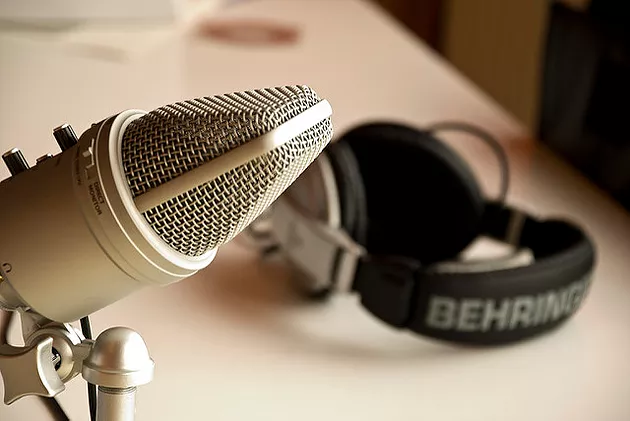
With the success of podcasts, like Serial and Planet Money, many people have become interested in starting their own podcasts. In the spirit of my last blog post about the legal concerns of YouTubers, podcasters should also be concerned about the same areas of law as YouTubers. In addition, they should be concerned about their audience members’ privacy. If you currently or plan to produce/operate an audio podcast, here is a brief summary of some IP and first amendment issues of which you should be concerned:
Copyright
Copyright can affect your podcast in two ways. First, if you want to use a song in your podcast, you need a license to cover the exclusive rights of the song’s copyright owner(s). Because your listeners will mostly likely either stream or download your podcast, the licensing procedure could become a little complex.
A podcast has several trademarks: the podcast name, its logo and even the stage name(s) of the podcast’s host(s). Registering these marks provides notice to others nationwide (and if you take the extra steps, worldwide) that you are claiming ownership of the trademarks and that you plan to monitor them against infringement.
Before any registration, you should have an expert conduct a clearance search to analyze how likely your mark will be registered.
If you plan to create a website to stream your podcast, then you need to be concerned about privacy. Federal law mandates that you have a privacy policy for your website if you collect others’ information. Many podcasters use third party websites that collect information. Thus, they need to create policies that make clear what information they collect from users, especially if those users are children, and also what they do with this information.
These are just a few of the legal issues about which podcasters should be concerned. If you are interested in starting your own podcast or have questions about intellectual property, the right of publicity, or privacy, contact us here.
Image: My Podcast Set I by Patrick Breitenbach (licensed under CC License 2.0)
